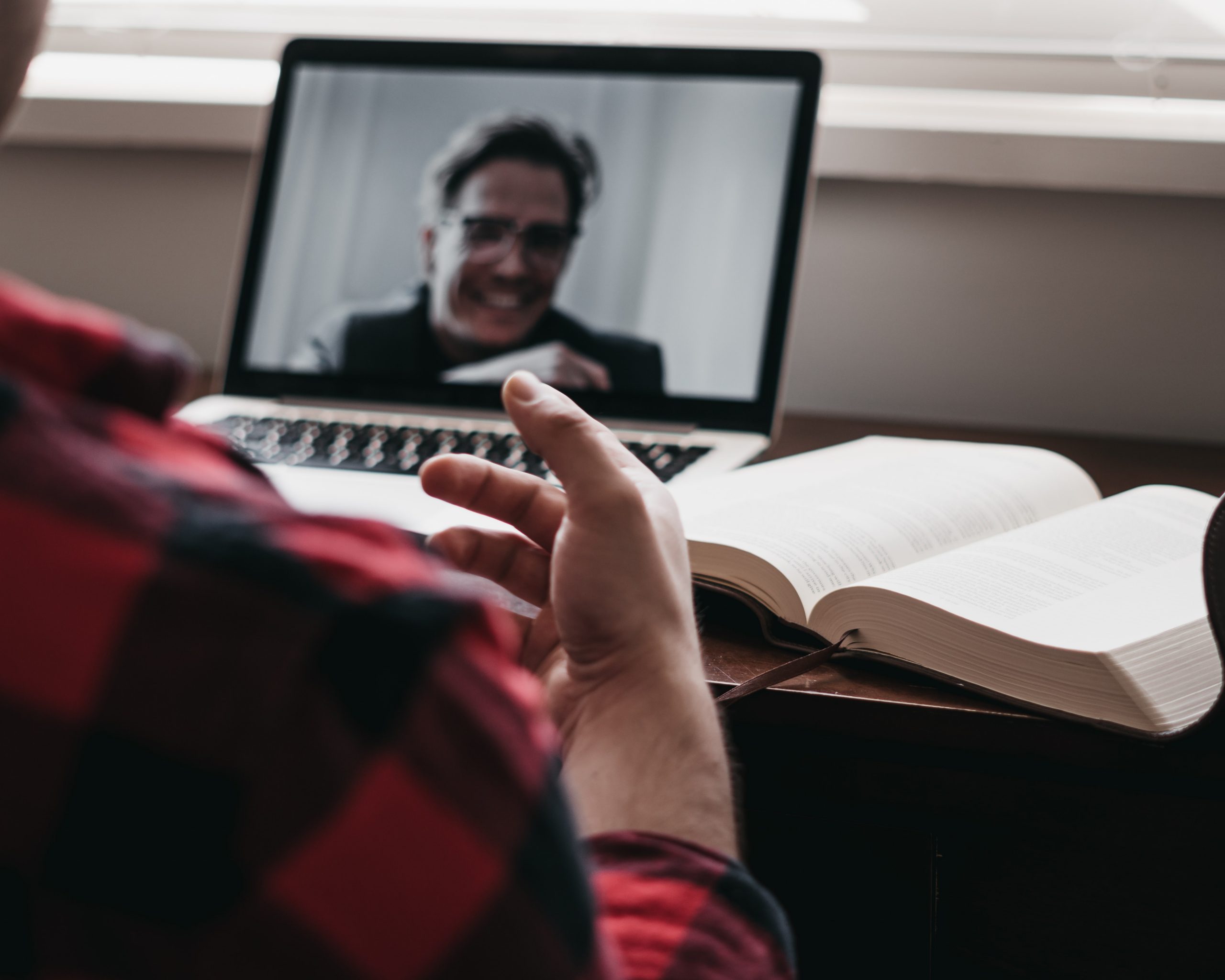Nightingale Hospital’s Medical Director, Consultant Psychiatrist Dr Oyewole, shares his thoughts on the changing landscape of mental health, and mental health treatment during lock-down.
“Has there been an increase in the number of patients/types of symptoms being presented by patients?”
At the hospital, we have not experienced a significant spike in patients presenting with serious mental illnesses. Patients with conditions such as schizophrenia or bipolar affective disorder have had to manage their conditions as best as they can during lock-down. In the early phases of coronavirus lock-down, we had the impression that some patients were reluctant to access psychological or psychiatric support, or to seek help from their GP, but this has now abated somewhat.
Many patients have had, quite understandably, a heightened fear of COVID-19. Some patients who may previously have been non-compliant with medication, have during this period, been diligent with correct use of medication rather than risking relapse and requiring hospital services.
At this time, we simply do not know the true impact of lock-down on certain groups of patients.
One important concern has been the desperately unwell patient in need of urgent care. By law this requires the assembly of a senior social worker and two experienced doctors, to examine and sign off the paperwork, before they can legally be taken to hospital for initial care and treatment.
Thankfully, the temporary COVID 19 Mental Health Act 2020 was rushed in, enabling one experienced doctor and a senior social worker to legally do the paperwork. Whether we ‘adopt’ this in the long term remains to be considered.
“Are there unique challenges for psychiatrists in lock-down? Is conducting interviews through video chat as helpful for the patient?”
Psychiatric crises do not discriminate and can occur at any time, including during coronavirus lock-down. A specific issue facing psychiatrists is how to accurately assess risk and ensure that every patient gets the appropriate help they need. During lock-down, many psychiatrists have moved to remote interviewing of patients, either via Skype or Zoom. Prior to the coronavirus pandemic, there had been much debate about the effectiveness of remote assessments. There has also been discussion about the difference between assessing a new patient remotely and seeing a patient with whom you have a previous history. One of the essential elements of conducting a successful remote assessment is to gain patient trust and develop a rapport online. Without this, it is not possible to take an effective history, or conduct a thorough risk assessment.
Interestingly, feedback from a large number of patients has been that they find online consultations effective. Many have reported feeling engaged and supported through this online method. Many patients were apprehensive about physically travelling to Nightingale Hospital, and there was palpable relief for many that they were being offered video options.
An intervention online, for a patient who needs it, is infinitely better than one not taking place at all.
“The coverage of dealing with anxiety and worry has been widespread since the virus outbreak. Would more publicity about the state of the severe mental health in lock-down be helpful?”
As part of the increased awareness surrounding mental health, conditions such as depression and anxiety have become much more widely understood by the general public. However, more complex mental health conditions, such as psychosis and schizophrenia for example, are still understood to a much lesser degree and can still carry a great deal of stigma. There is certainly an argument for education and for challenging some of the pre-conceptions around these illnesses.
“As a mental health professional, what types of experiences are you seeing from patients during lock-down?”
Some specialists are reporting a rise in feelings of anger, despair, and dysphoria relating to lock-down in some of their patients. Some patients, who are pre-disposed to anxiety or obsessive-compulsive disorder (OCD), have found this time especially difficult due to the uncertainty of the future. In addition, there has been much reporting on how difficult this time is for patients that are suffering from agoraphobia.
By contrast, some patients for example those who are socially phobic and who experience enormous anxiety with leaving the house, this period of time has proven to be much less pressurised. One particularly interesting response to lock-down came from a socially phobic patient, housebound and despondent for many months, prior to COVID-19. A courtesy telephone call with this patient, revealed a long-missing lightness to his tone, with a mood that could almost be described as cheery. Apologetically, he exclaimed, “With the world in lock-down, for the first time in a long time, I feel so ‘normal!’”
The pandemic has been a learning experience for patients and clinicians alike. There’s been much discussion about embracing the ‘new normal’, and what this may look like in terms of psychiatry and therapy. There is talk of us entering into a ‘hybrid’ phase, which is likely to consist of a combination of face-to-face and remote consultations. For many patients, the ease and flexibility of this option, together with the absence of travel to appointments, will make online consultations appealing. As we transition out of lock-down and our current way of life evolves, clearly much more will be learnt.
However, the priority at Nightingale will always be to deliver innovative, safe evidenced based care to our patients.








